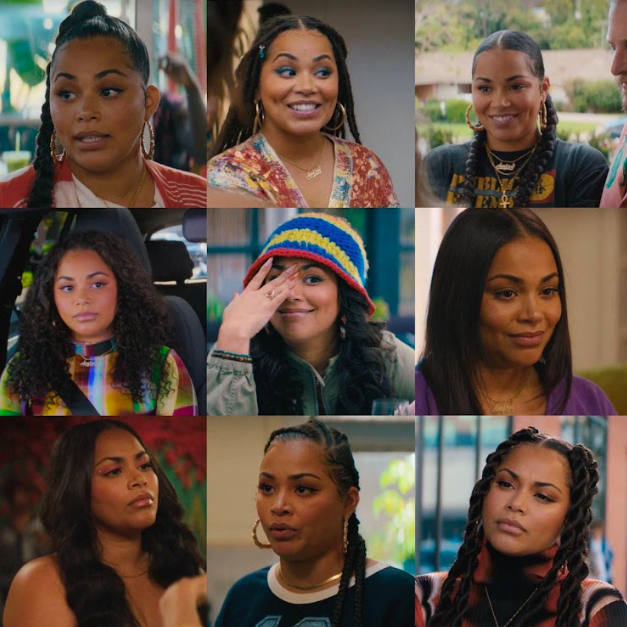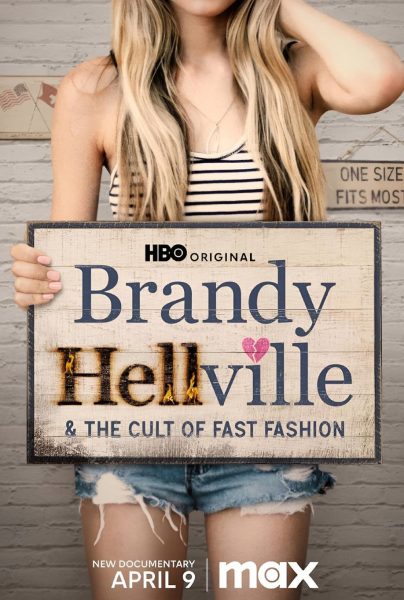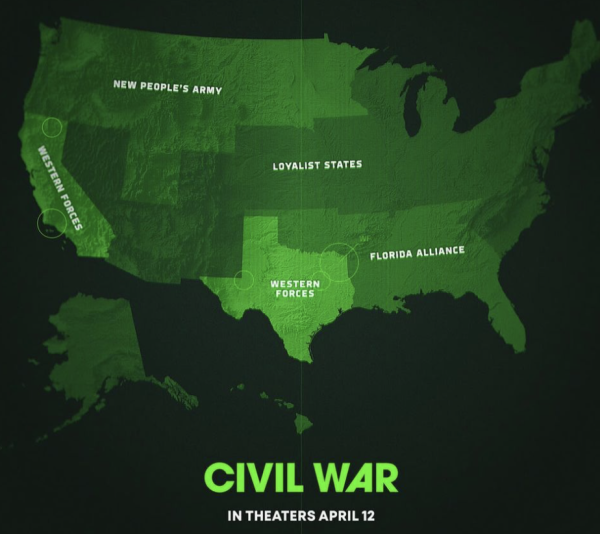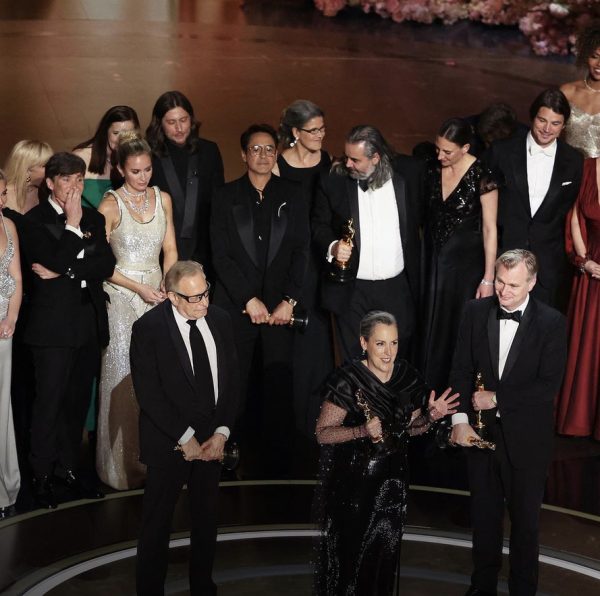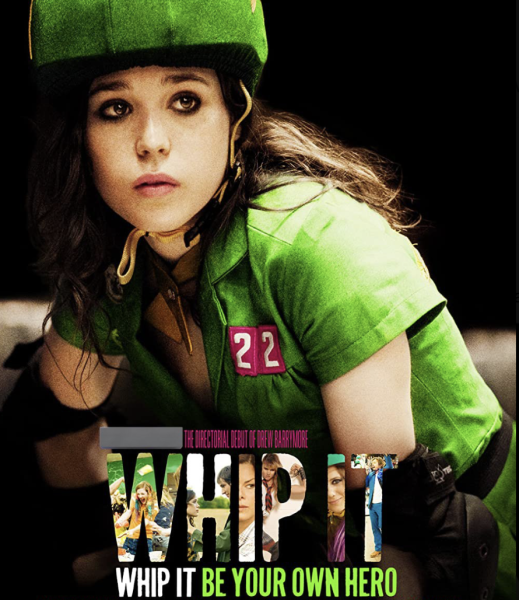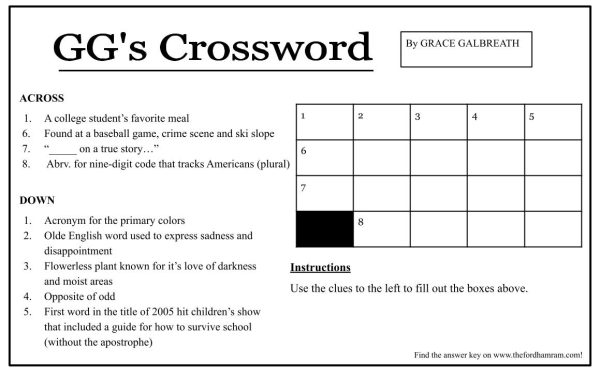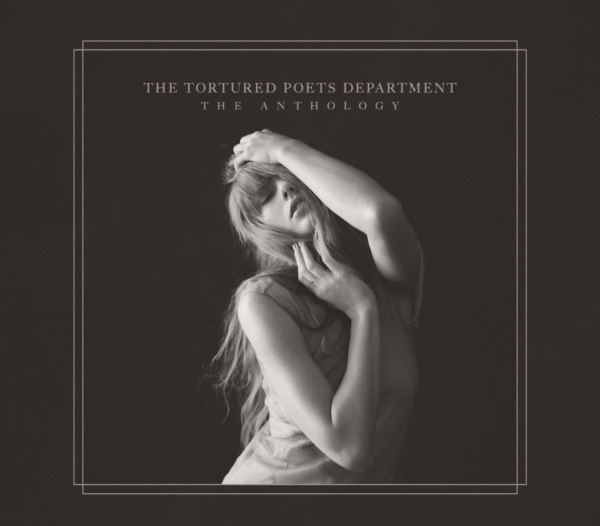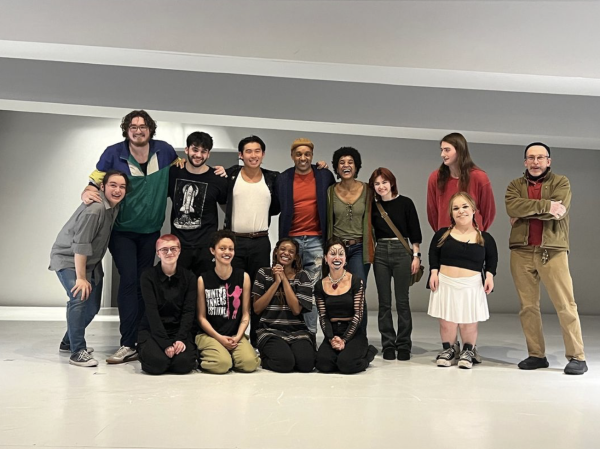“You People” is a Shallow Attempt at Depth
“You People” is the newest big-budget Netflix original with a cast that can move mountains. Featuring Hollywood heavyweights such as Eddie Murphy, Julia Louis-Dreyfus and Jonah Hill, this film has all the talent and experience needed to make a memorable movie. Classified by Netflix as an edgy comedy, “You People” tells the story of Ezra, a Jewish man in LA, played by Hill, who finds love with a Black woman, Amira, who is played by co-lead Lauren London. Conflict arises when the lovers meet each other’s parents, led by Louis-Dreyfus and Murphy. Louis-Dreyfus plays the culturally illiterate mother of Ezra, opposite Murphy, who plays the part of Amira’s resentful, distrustful and outright stubborn father.
All the talent in the film made for a promising start. Surely, actors of such prestige would only supply their art to a worthwhile project. There is just one problem: the script is a disaster. At best, “You People” is a lazily written, one-note comedy that attempts to garner mass appeal by leaning on its Hall of Fame cast, staying as far away from comedic edge as humanly possible. At worst, the film is everything that is wrong with movies nowadays, seemingly written by Netflix executives who lack any ounce of grit or creativity. In this latter case, I saw a reflection of the attitude of Hollywood executives towards us common folk, viewing us as a collective of narrow-minded people effectively incapable of relating to those who we may not seem to have much in common with.
Co-writers Hill and Kenya Barris, the creator of “Black-ish,” filled their film with one-dimensional caricatures of real people, completely devoid of any depth for most of the movie. The film is full of static stereotypes, using jokes and characters more suitable for Twitter than for the big screen. This applies especially to Louis-Dreyfus and Murphy, whose characters were as cringey as they were sterile.
Louis-Dreyfus’ character is a well-meaning suburban mother who is incompetent when interacting with her son’s Black girlfriend. When in the company of London’s character, Louis-Dreyfus feels the need to pathetically regurgitate Black Lives Matter talking points and ask tone-deaf questions about Black culture as if her son’s girlfriend had come to tutor her. She lacks any semblance of social intelligence, and her role is to create misunderstanding arcs with London’s character.
On the other hand, her foil has no confusion in how he interacts with his daughter’s partner and her family. Murphy and, to a lesser extent, his wife, played by Nia Long, are immediately spiteful and unsympathetic. The two deliver a performance that does not match the tone of the rest of the film, which otherwise feels mainly tongue-in-cheek. Similar to the other characters, however, they ultimately lack nuance and provide very surface-level conflict that fails to satisfy.
The highlights of this film come from the feature acts. Hill’s best friend and podcast partner, played by New York comedian Sam Jay (who performs live at the Comedy Cellar), yields a strong performance. Jay provides humor throughout the movie, along with one of the only moments that resembles profundity when she makes a silly yet palpable analogy regarding race relations in this America. Yet given the movie’s feel, it is hard to take even this moment seriously. Hill’s father, played by David Duchovney, also contributes several laughs throughout the film, supplying a spaced-out, nonchalant performance in contrast to his spiraling, anxiety-ridden wife.
But the true value of this film comes from everything that it is not. Watching the characters struggle to find common ground made me proud of humanity and how we can connect with those who appear dissimilar. “You People” made the Bronx seem much more beautiful because it allowed me to recognize the magic we create every day simply by living harmoniously among so many different people. Contrary to the characters of this film, real people are highly inclined to express empathy and understanding and possess a certain amount of social dexterity that comes with truly understanding other humans on a deeper level.
I will conclude my review with a question for the producers of this film: who was this movie made for? In trying to please everybody, Netflix pleased no one, creating a contender for this award season’s “Most Forgettable Film” with “You People.”

